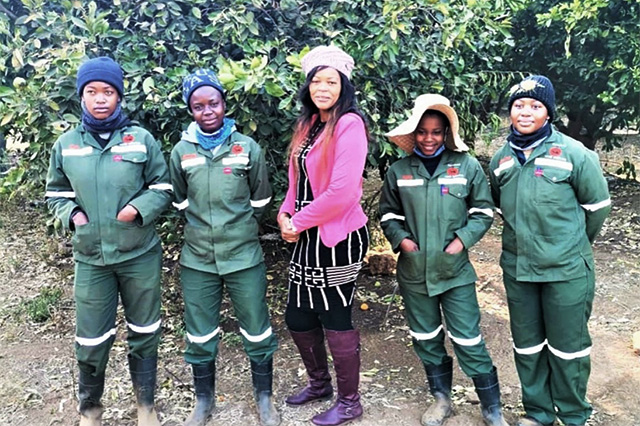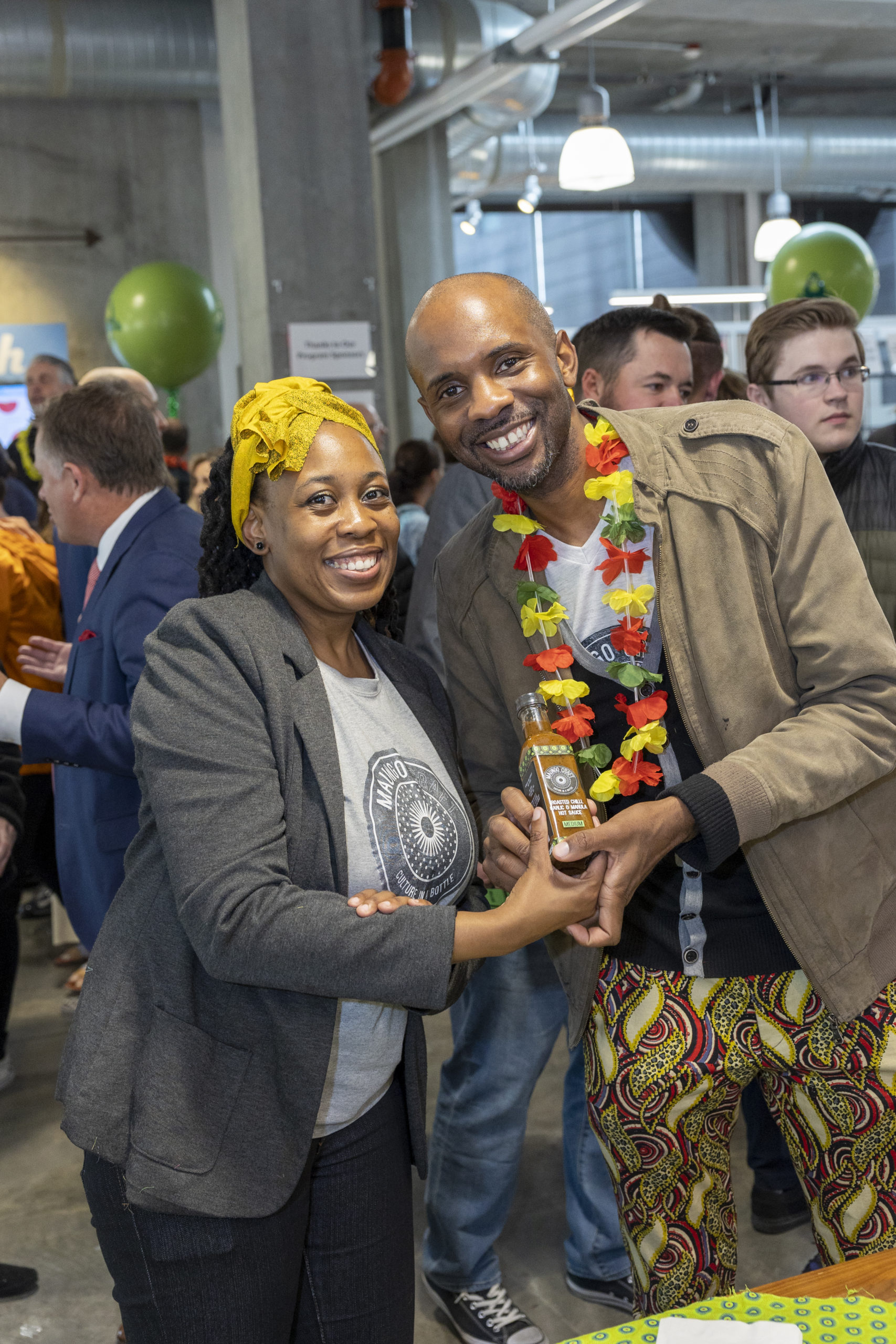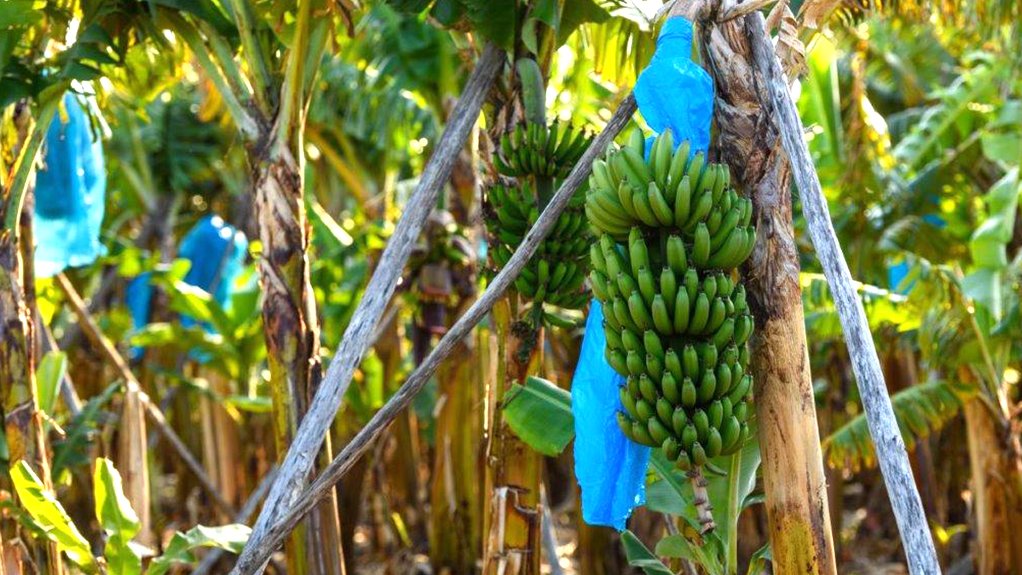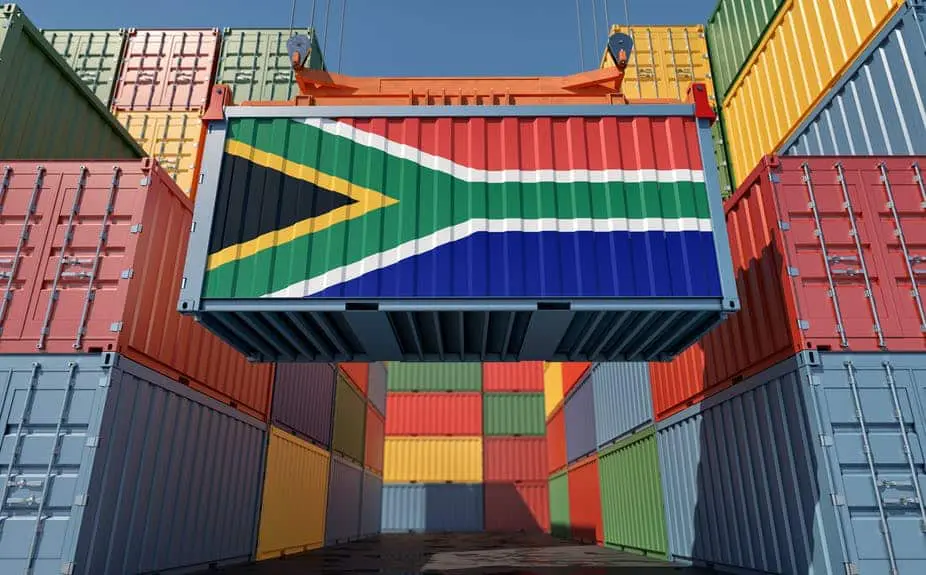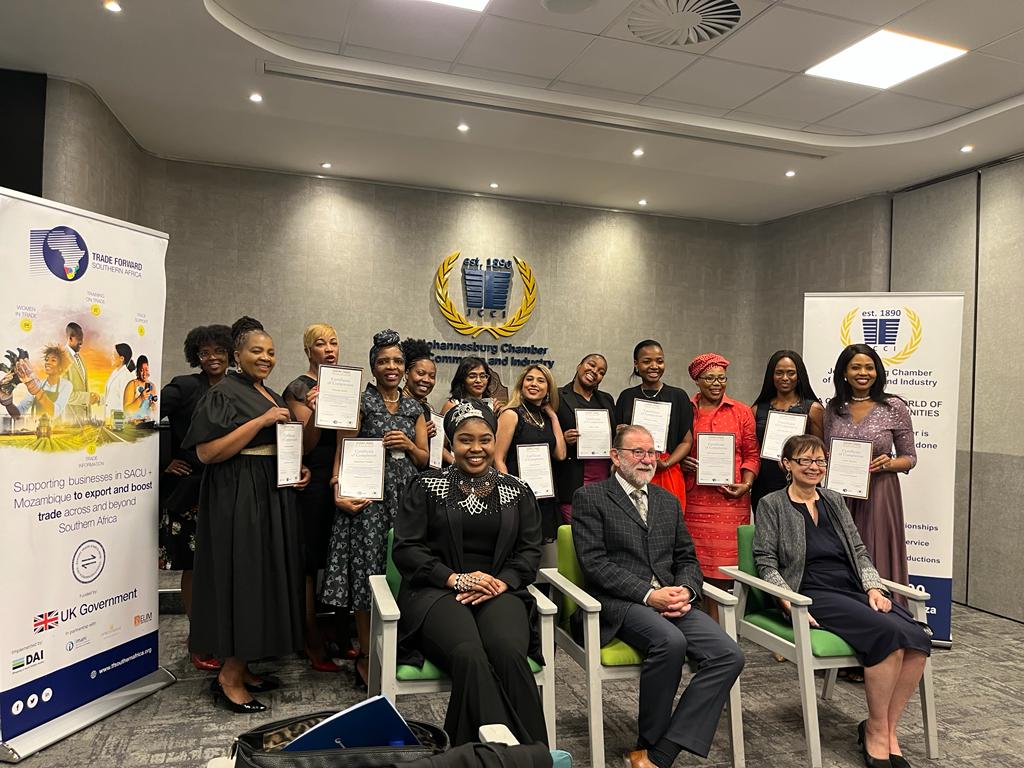A five-member farming cooperative that is exporting their produce to international markets is quite something! Team leader Isaac Moilwa says that it comes with many challenges, and that getting noticed requires a myriad of sacrifices
Dedication and discipline are what made the Botlhako Temo agricultural cooperative an international brand and shining light for rural development in ‘Mzansi‘ (South Africa).
The five-member cooperative from Brits in the North West, who are exporting citrus to the Middle East and Taiwan, have vowed to rise even higher in the global market with a key focus on job creation and empowering black farmers.
Food For Mzansi caught up with Isaac Moilwa, leader of the team, to get a sense of their future plans and how the global Covid-19 pandemic impacted their business. He called on the farming community to unite and to find innovative ways to navigate the economic challenges that the country is facing, as Covid-19 has taught them that working together with different stakeholders – both private and public – was critical in reaping positive outcomes.
Tiisetso Manoko: For a five-member farming co-op to export is quite a biggie. Was going global always the plan?
Isaac Moilwa: We started in 2012 where we were producing sunflower at the time. We experienced a loss in production and lost other members. It was at that time that we were introduced to citrus and from that time ’til now, we have not looked back. We did believe that one day we will go international; the enthusiasm that started almost ten years ago is still there ’til today.
We studied the market and did a lot of research and saw an opportunity that needed us to grab it with both hands.
Penetrating international markets must have cost a lot of red tape?
For us the most challenging aspect was to acquire the certificate to operate on the international market. At the time… [getting] the operation licence was extremely expensive. However, we did manage to get the money through government grants and we have kept the light burning since day one.
How did you do it as a cooperative?
We were very strict from the onset that this is a business, and we must treat it as such. We started by drafting a constitution and policies that were going to be binding to all of us. We then allocated each member (the five directors) responsibilities to do and became staff members as well, meaning we were also drawing a salary at the end of the month. No one was bossing anyone.
Many times, what makes cooperatives fail, is that there are no structures. What we did from the beginning was to elect directors amongst ourselves so that there could be direction and leadership at all times.
What are the challenges you currently face?
At the current moment climate change is our biggest challenge as the weather patterns force us to adopt a new style of doing things. Last year we experienced hail that led to us losing a lot of production, which meant even the income was negatively affected.
We are also in need of a net for such weather challenges so that our products are in a good condition at all times. We treat all clients the same – that is why we want what we sell, both locally and internationally, to be of good standards.
What is your view on the current citrus market – local and international?
International markets continue to be the best for us at the moment, compared to locally. Our biggest clients are from abroad, which has led to us being the largest black-owned farm exporting outside the country.
With the international clients’ demands going up over the years, we have employed thirteen permanent staff, fifty packers and another twenty as seasonal workers.
For us, at the moment, we’re receiving the biggest [piece of our income] pie from international markets, which [lets us] go the extra mile and reach other parts of the world.
What’s your advice to other cooperatives wishing to walk in your footsteps?
The most important of all is to look at the market and know your target. Start small businesses and support one another all the way. In such a manner, a lot could be achieved.
What we can say is that the journey was [filled] with challenges. However, we did not despair. Persistence is the order of the day. Never limit yourselves.
We believe that through hard work and lots of sacrifices, we could reach even greater achievements than [what] we have at the moment.
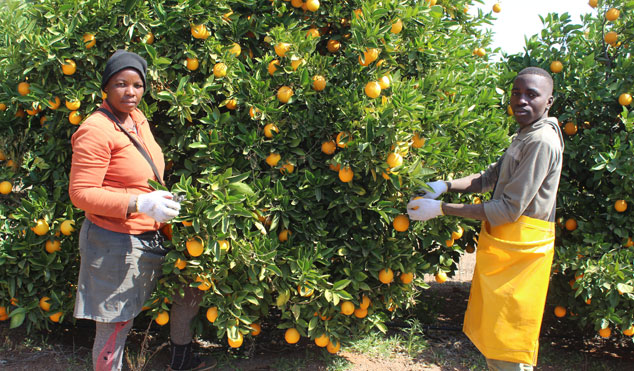
Article source: Food for Mzanzi
Also read: SEDA
